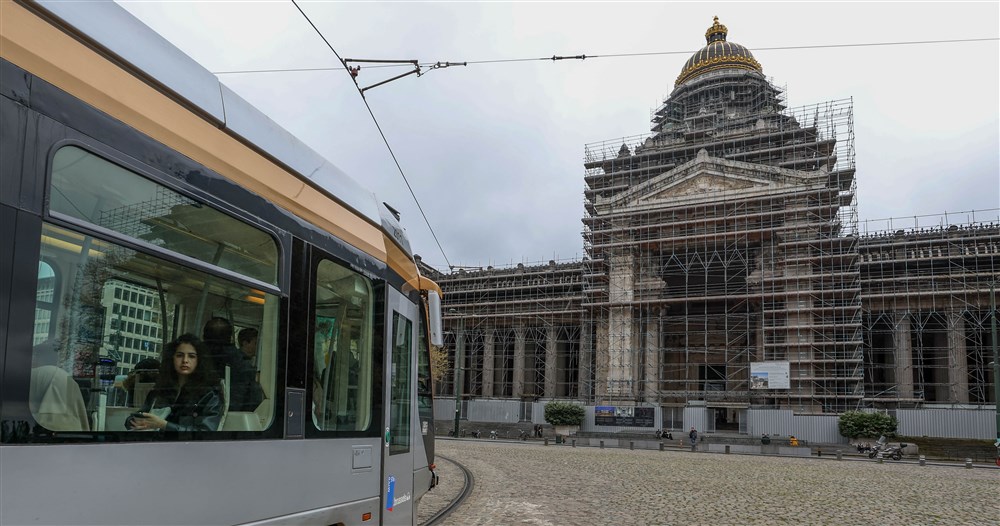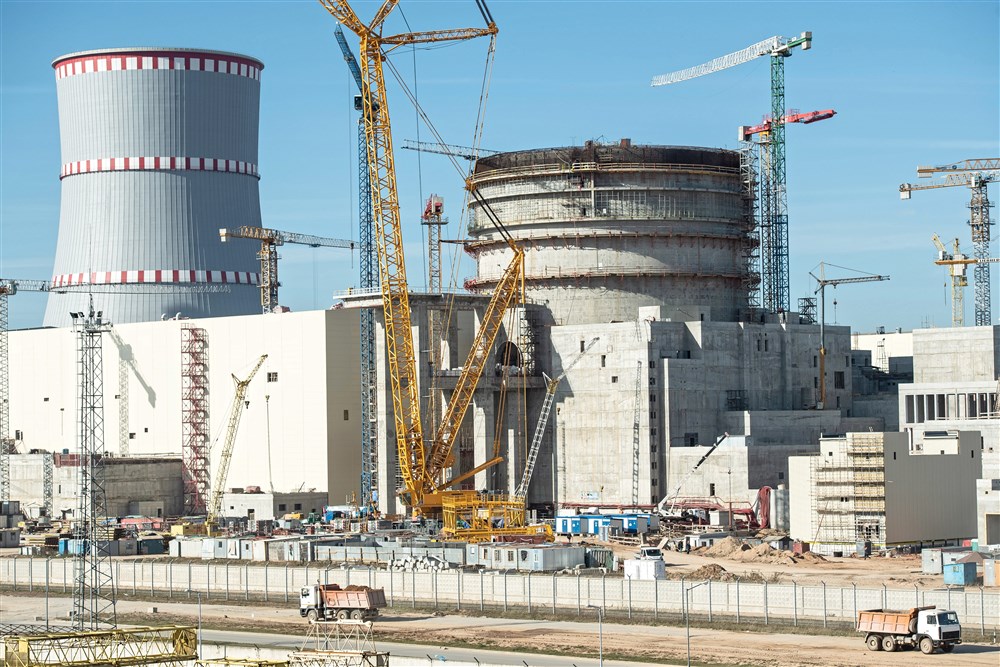Poland and Hungary are leading the resistance to the so-called ‘group of friends’ countries that are calling for the removal of unanimity voting on security and foreign policy matters at the European Union level.
Nine states, headed by Germany, declared at the beginning of May they wanted unanimity to be replaced with a qualified majority vote (QMV) system where no single country would have the power to block certain actions.
Péter Szijjártó, Hungary’s foreign affairs minister, announced on Monday a separate group was being formed to oppose the nine countries’ push to change voting on matters relating to EU-wide foreign and security policy.
Poland and Hungary are the most prominent among those opposed to the demand for a vote-reform, insisting the unanimity aspect be retained.
“We had negotiations at the ambassadorial level here in Brussels” Szijjártó told reporters. “Those member states who want to keep unanimity and the possibility to defend their national interests in Brussels decision-making – they want to have close cooperation.” He did not disclose what countries that had taken part in the discussions.
Zbigniew Rau, Polish minister of foreign affairs, went on Twitter following the talks in Brussels and said: “Poland will never support the idea of moving away from unanimity to qualified majority voting #QMV in the common foreign and security policy.”
It’s unclear how many other countries are in this new counter group, although suggestions seem to indicate around nine states are behind the opposition movement. The ‘group of friends’, meanwhile, has expanded with Belgium, Finland, France, Germany, Italy, Luxembourg, Netherlands, Slovenia and Spain now being joined by Romania, while Denmark has become an observer.
The voting issue remains contentious; Hungary used its veto power to block the EU release of €500 million in military support for Ukraine after Kyiv labelled OTP Bank, Hungary’s largest commercial bank, an international sponsor of war, a claim the Hungarians reject out of hand.
Hungary’s hard-line stance came despite an overwhelming majority being in support of granting the funds from the European Peace Facility budget.





